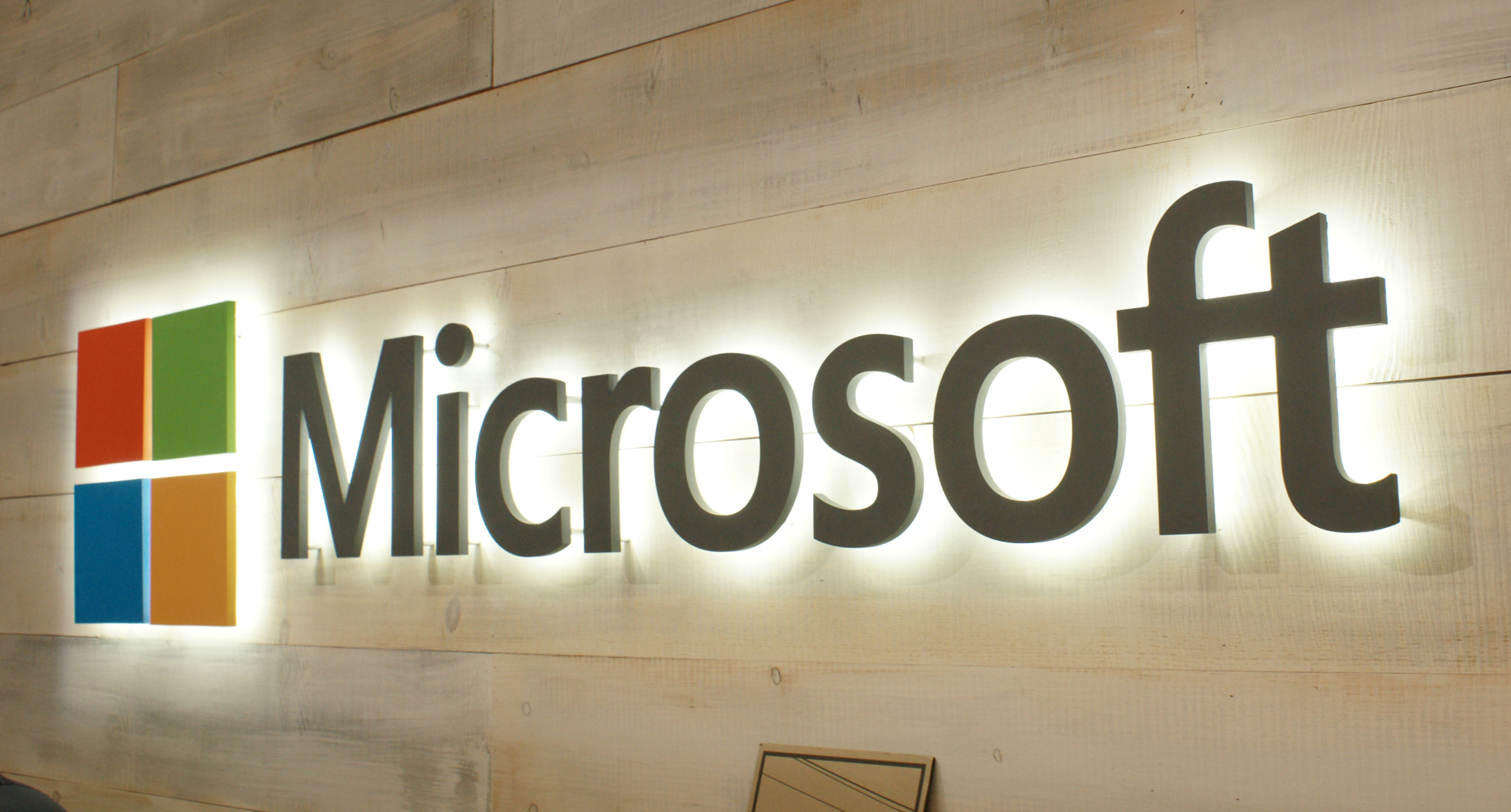By Kunle Awosika
The future of personal healthcare goes something like this. An asthma patient wakes up and looks at their smartphone. ‘Good morning,’ it says, ‘how is your breathing?’ The patient logs a few answers that are sent to their doctor and stored on a server, which then analyses trends and triggers an alert if something is abnormal.
Doctors can provide more personalised service by being able to drill down into specific information to find root causes and triggers, and provide an accurate diagnosis. They also don’t need to physically wade through tons of research, test results and patient records.
Now, I’m not a doctor, but I would imagine that medical professionals enter the field because they want to help people and are interested in physiology and anatomy; not because they dream of going through masses of paperwork. Yet for many doctors this is a reality, and focusing on the patient is sometimes difficult.
Nurses too, are often weighed down by admin and a myriad of regulations rather than patient care. But digital transformation is changing this. From systems that automatically track a patient’s history, DNA and medical records, to virtual screenings, there are a host of benefits beyond simply reducing paperwork.
Internet of Things making patients smarter
Most digital transformation in the medical space is driven by the Internet of Things, which is enabling patients to perform their own tests at home. For example, blood sugar information can be fed to a database via a connected skin patch worn by a diabetic. In fact, the healthcare Internet of Things market segment is poised to hit $117 billion by 2020.
Another example is CellScope, which connects to a user’s smartphone enabling them to carry out low-cost scans of moles, rashes and ear infections. These images are sent to a medical practitioner and stored on a server, which processes the scan and detects abnormal patterns. Soon patients will be able to perform their own ECG tests at home. Most heart disease is identified only after patients have heart attacks, but with people performing their own tests it not only lowers the cost and barrier to entry for an expensive procedure, but machine learning can identify and predict episodes before they happen.
In Cameroon, Cardiopad is able to perform heart screenings with a tablet device, and Matibabu in Uganda enables people to diagnose malaria using a finger clip connected to their smartphone. The clip uses light and magnetism to analyse blood cell composition.
So where does this leave medical professionals?
Having all of this data is one thing, but doctors still don’t have time to be buried in it. It is predicted that there will be a need for medical data planners, or case managers, whose job it is to understand the data and liaise with patients. The physician will take on more of a supervisory role, rather than provide direct care. Doctors may appear less at the bedside with nurses likely to go back to the principal role of care providers. And now, smart devices can make a nurse’s job much easier. For example, there was a time when a nurse’s constant focus would be to ensure a steady flow of an IV. Now IVs are electronically monitored and errors are automatically sent to the nurse’s device via remote monitoring.
Like doctor like computer
Some in the field suggest that much of what a doctor does can in fact be replaced by computers. A doctor is required to think like a computer: Analysing information from tests, data on diseases and patient history. Then, after taking all these factors into account, they perform a diagnosis. With sensors enabling patients to log their own test results and cloud servers to digest all the data, computers can perform diagnoses much quicker.
The future of health relies on the notion of Artificial Intelligence (AI), or the capability of IT systems to sense the world, comprehend, act and learn. A computer can easily digest 5,000 research articles on diabetes while a human’s cognitive limitations prevent them from remembering the 10,000+ diseases humans can get.
Already in the airline industry, computers are able to do the job of a pilot where human judgement is required. Market traders are making use of algorithms to predict the stock market, and self-driving cars are starting to show zero incidents. Computers can and will start making accurate diagnoses. Already, a study by Lifecom showed that clinical trials, with medical assistants using a diagnostic knowledge engine, were 91% accurate without using labs, imaging, or exams.
We’re entering a new era where digital experiences mirror the way people interact with one another and we move from a world where we must understand computers to one where they understand us and our intent and can be proactive. Systems of intelligence will endemically transform the way we innovate and transform for improved outcomes and the way we optimise clinical and operational processes. People across the healthcare continuum are able to collaborate and use machine learning to come up with ways to improve outcomes for patients.
However, computers can’t replace the emotional nuances, the judgement calls, and the complex and intuitive nature involved in patient care, which goes further than processing data. Physicians will just need to enhance their digital skills and work hand in hand with technology. Already a surgeon’s principal tool is no longer a knife. They have to operate alongside computer consoles and robotic wrists, while watching a high-resolution screen.
It’s a reality, and an exciting one. The future of healthcare looks bright, with smart, accurate and accessible care that frees up medical professionals to do what they set out to in the first place.



